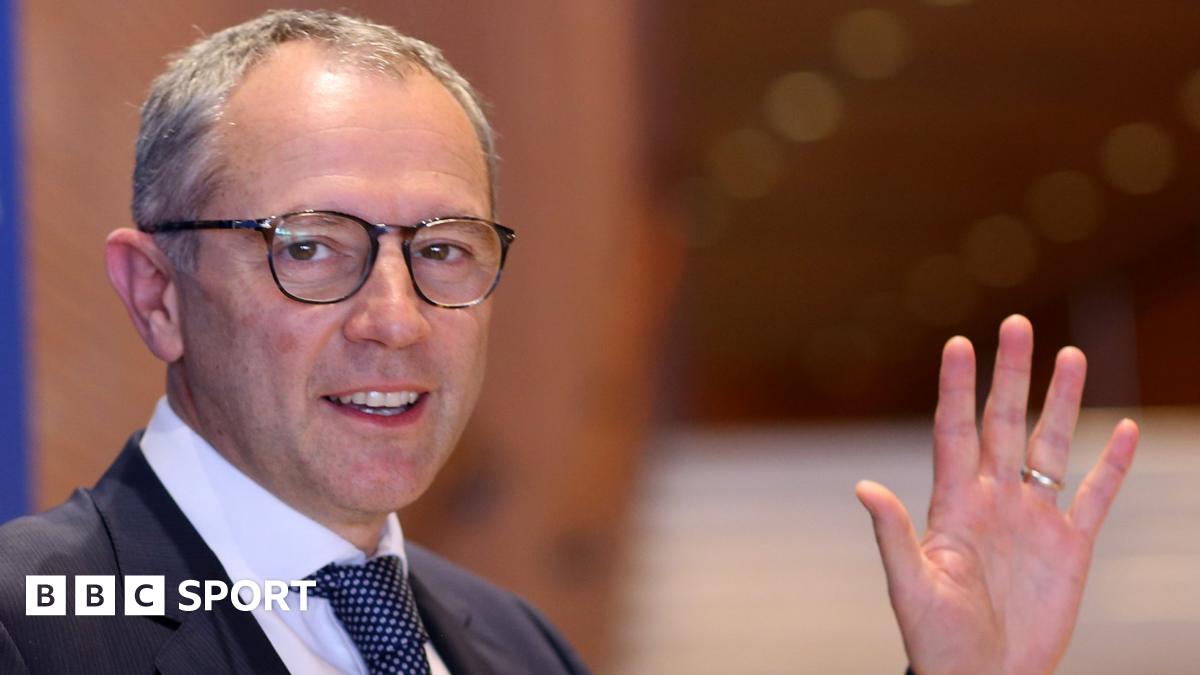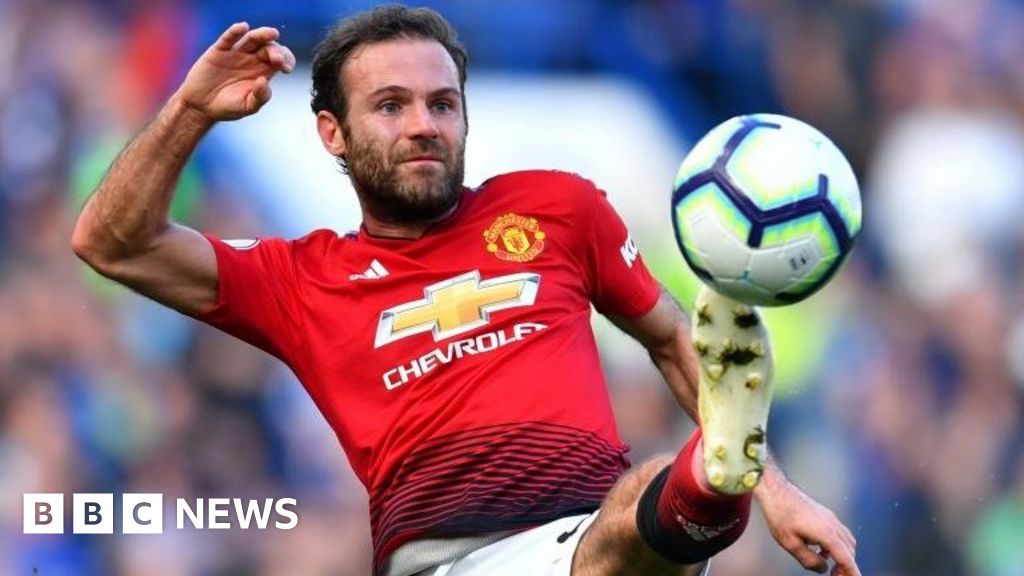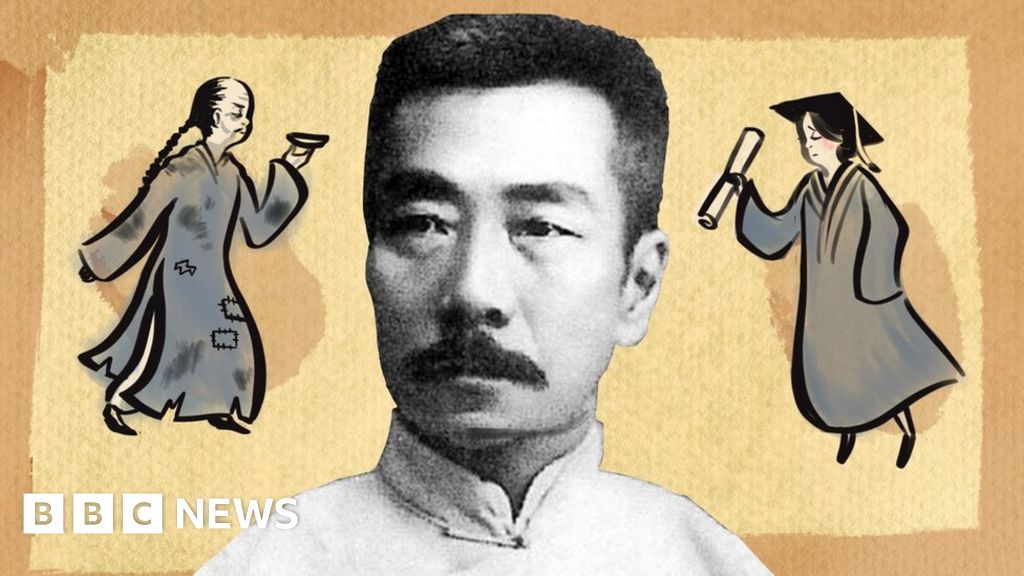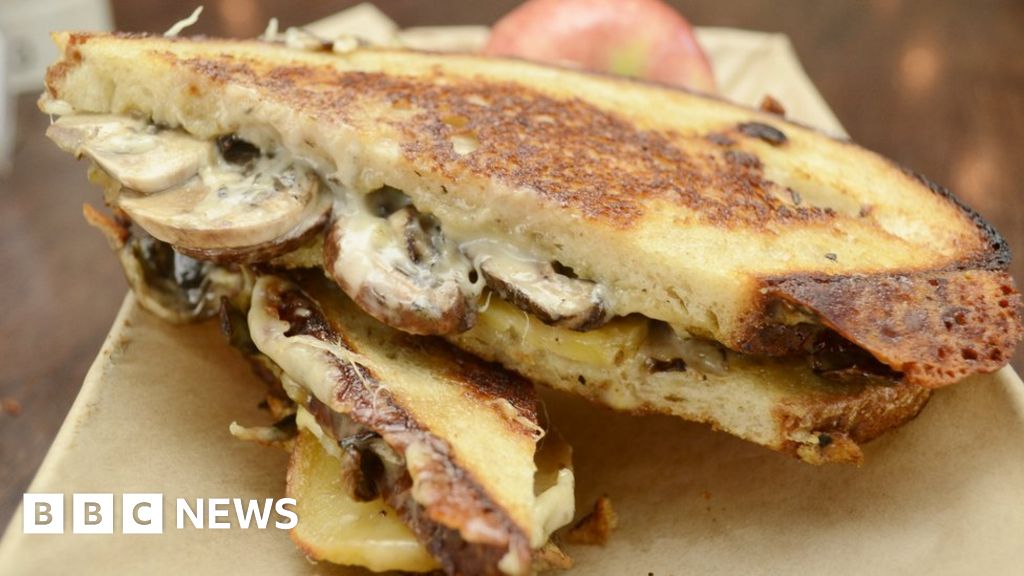Stefano Domenicali: The man with Formula 1’s future in his hands

[ad_1]
When US giant Liberty Media took over the sport in 2017, its business model was to keep adding races to the calendar – the thinking being that more grands prix meant more income.
Domenicali’s predecessor Chase Carey made no secret of the fact that he was aiming for 25 races; in fact, the number is in the new contracts the teams signed committing themselves for the next five years.
Now, though, there has been a bit of a re-think. “Twenty-five is not at the moment the target on which I am preparing the business,” Domenicali says.
“We have so many requests from different places [to host races] because F1 is in great shape now, and I see from the enthusiasm around the world that there is no need to achieve that number.
“It is a matter of deciding where strategically we believe F1 should be developed, in which areas in which countries, and saying that the more opportunity we have, we want to be in certain places and not others. And the value of each country will be bigger.
“What is the right number of races? As soon as the pandemic has gone away, we need to understand what is the right balance between far east Asia, the Middle East and Africa, Europe and America. How many races can we have in each place?”
F1 is still convinced, though, of the need to shake up the format in a bid to add new, younger audiences while not alienating established fans, Domenicali says.
Hence the introduction this year at three events of ‘sprint qualifying’ – a shorter race on Saturday afternoons to decide the grid for the main grand prix. The first of these will be at the British Grand Prix next month.
If it proves popular and effective, Domenicali would like to expand the number of races run in a new way next year. The idea is to create a small number of events that can be, as he puts it, “highlighted or given more value”.
Floating the idea in a meeting with the drivers last weekend, Domenicali likened these events to tennis’ grand slams. But the new-format races would not be called that, he says; it was just a term he used to give a sense of “the idea of the project”.
But nothing is set in stone, not even how the races given this treatment would be chosen.
Perhaps F1 could highlight the historical races, he says, or the most popular ones, or the ones in a time zone that gives the biggest global audience.
“We have no rush. We don’t want to make a mistake. We have all of 2021 to make sure we do the right thing.”
He says F1 is open to ideas from all involved – including the fans.
“The intention is to find the best solution for everyone. No one has the magic bullet, or is presumptuous enough to [think they have] unique solutions. Any idea your readers can have, it would be great to know.”
Source link




